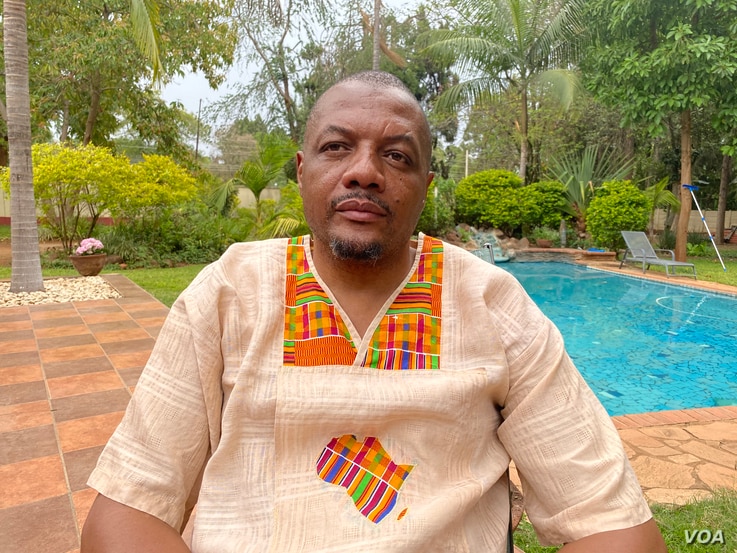Innocent Sibonginkosi Ncube
Hopewell Chin’ono articulates a critical reflection on the historical and contemporary implications of political decisions in Zimbabwe, particularly focusing on the unity between ZANU and ZAPU, as well as the significance of language in fostering national cohesion and economic opportunity.
Key Themes
- Historical Context of Political Division
- Unity vs. Division: Chin’ono emphasizes the missed opportunity for unity between ZANU and ZAPU, referencing General Josiah Tongogara’s vision of a single party to prevent bloodshed.
- Consequences of Ethnic Politics: The refusal to cooperate led to significant violence, notably the Gukurahundi massacres, which resulted in the loss of around 20,000 lives.
- Importance of Language
- Ndebele as a Unifying Tool: Advocating for the teaching of Ndebele across Zimbabwe, Chin’ono argues that language is a powerful means of fostering unity and understanding among different ethnic groups.
- Economic Advantages: He posits that language proficiency, particularly in Ndebele and French, would enhance business opportunities for Zimbabweans, especially in neighboring South Africa.
- Critique of Political Leadership
- Shortsightedness of Leaders: Chin’ono criticizes Zimbabwean leaders for their lack of vision and strategic thinking, suggesting that their decisions were driven by tribalism rather than the greater good of the nation.
- Failure to Embrace Multilingualism: He contends that embracing multiple languages is not a sign of submission but rather a strategic advantage in a globalized world.
Call to Action
Chin’ono concludes with a powerful message urging Zimbabweans to learn from past mistakes and to adopt a more forward-thinking approach. He advocates for:
- Compulsory Language Education: Ndebele and French should be taught in schools to prepare the youth for a more interconnected African and global economy.
- Embracing Multilingualism: Understanding languages as tools for communication and business rather than symbols of submission to colonial powers.
Final Thoughts
Chin’ono’s reflections are a poignant reminder of the intricate relationship between language, politics, and identity in Zimbabwe. By learning from historical missteps, he believes that a more united and economically viable Zimbabwe can emerge, fostering both local and regional cooperation.
Zim GBC News©2024


